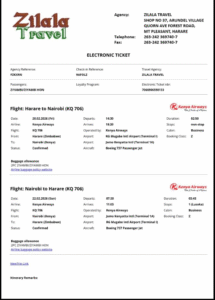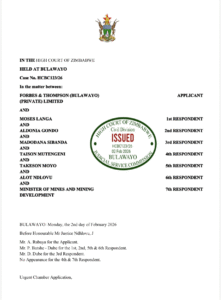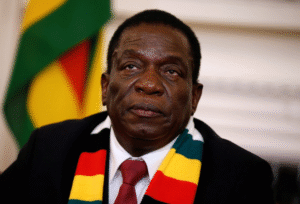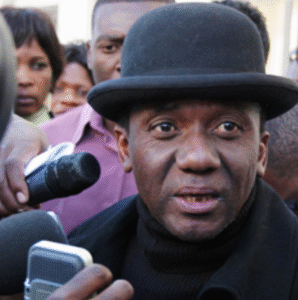ZANU PF WAR ERUPTS OVER TAGWIREI’S CONTROVERSIAL CO-OPTION
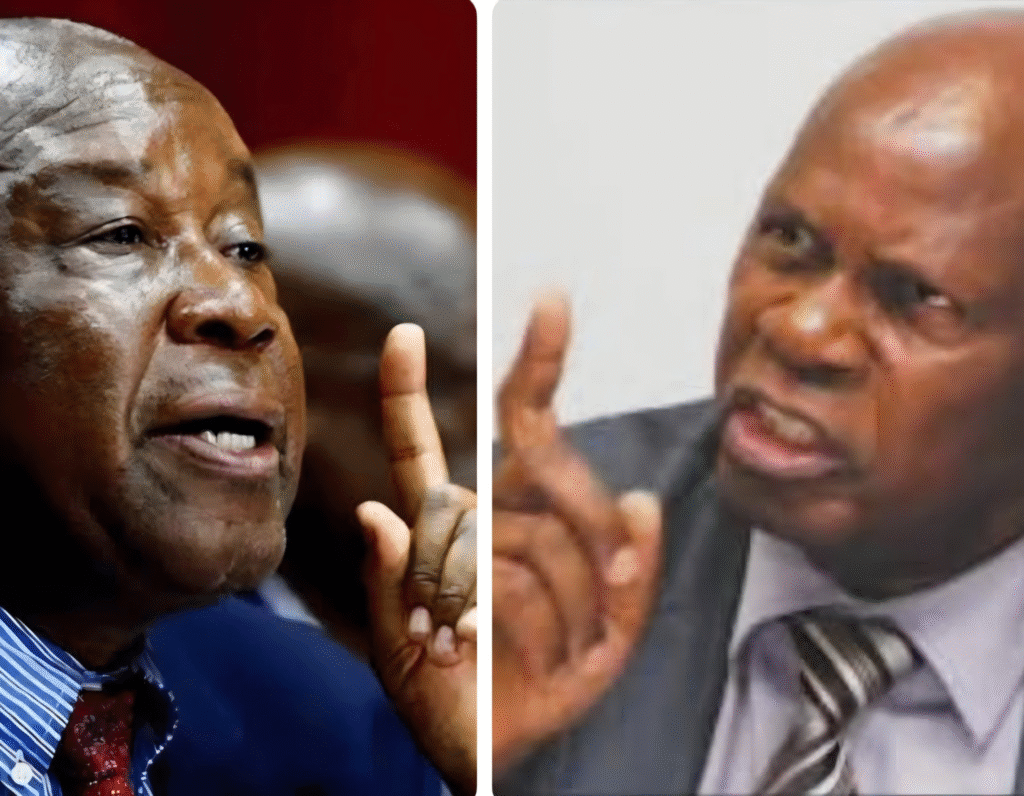
The knives are out in Zanu PF, and the battle is no longer behind closed doors. At the heart of the storm is local business tycoon Kudakwashe Tagwirei, whose sudden co-option into the powerful Central Committee has split the party’s top leadership and ignited a rare public clash between heavyweight figures Christopher Mutsvangwa and Patrick Chinamasa.
Mutsvangwa, the party spokesperson, publicly dismissed Tagwirei’s appointment as illegitimate, claiming the process was fundamentally flawed. He argued that Tagwirei did not meet the criteria, and therefore, any move to include him in the Central Committee should be considered null and void.
But Chinamasa, the party’s secretary for legal affairs, has come out swinging in defence of the move. Taking to his X (Twitter) platform, Chinamasa insisted the process was not only proper but complete, and that Tagwirei is now effectively a Central Committee member, with only formal adoption pending.
In his detailed explanation, Chinamasa traced the process back to 31 March 2025, when the Harare Provincial Coordinating Committee (PCC) voted to recommend Tagwirei. That recommendation was submitted to Secretary General Obert Mpofu, and then brought before the Politburo by the National Political Commissar, Munyaradzi Machacha, during its 384th session on 2 July 2025. According to Chinamasa, the recommendation was approved without objection and recorded in the official minutes.
He further noted that at the subsequent 385th Politburo meeting, chaired by Vice President Constantino Chiwenga, the minutes confirming Tagwirei’s co-option were ratified again — with no amendment. This, he argued, seals the matter beyond dispute.
Chinamasa also took a subtle jab at those fuelling the uproar, suggesting there may be personal vendettas or political insecurities at play. He expressed surprise at the controversy, stating that in his 38 years in the Central Committee and Politburo, he had never seen a co-option recommendation spark such debate.
The issue may seem procedural, but the implications are deeper. Tagwirei is no ordinary businessman — his name is synonymous with government-linked wealth, shadowy deals, and strategic influence. His formal entry into the ruling party’s decision-making machinery threatens to shift internal power balances, and that is likely what’s truly at stake.
At the same meeting, other new co-options were approved from Mashonaland West and Matabeleland North, including Polite Kambamura, Christine Gwati, Joseph Serima and Collen Ndebele. Yet it is only Tagwirei’s name that has triggered such national noise.
The fact that this internal wrangle has spilled into the public domain, and that senior leaders are clashing so openly, signals just how high the stakes have become. The party’s once tightly controlled facade is cracking under the weight of competing interests and power realignments.
This is not just a technical dispute over meeting minutes. It is a proxy war. Tagwirei’s rise marks more than a personal political win — it’s a signal that economic power is now demanding formal political space. And not everyone is ready to make room.
For now, Zanu PF may pretend this is business as usual. But the rift is growing, and the public is watching.
